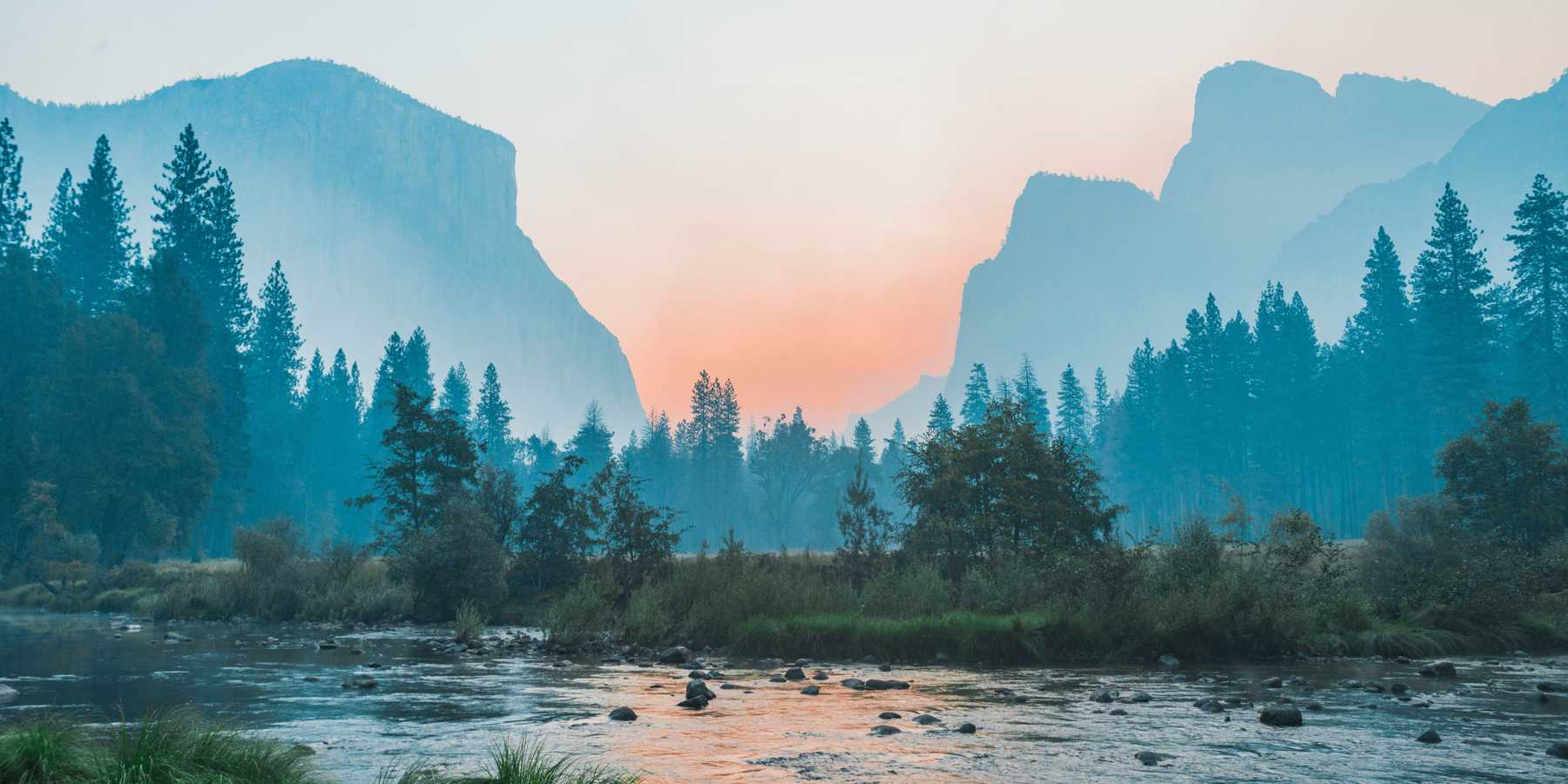
Trump-era staff cuts strain Yosemite rangers as summer crowds surge
Yosemite National Park is facing record summer crowds with hundreds fewer staffers on hand, as Trump administration workforce reductions ripple through park operations.
Heather Richards reports for E&E News.
In short:
- Yosemite is operating with at least 40 fewer staff than last summer, as national park staffing lags due to hiring freezes and buyouts driven by Trump administration policies.
- Park rangers report burnout, working overtime to keep up with record visitation, rising search-and-rescue missions, and limited support in essential roles like law enforcement and maintenance.
- Park employees recently voted to unionize, even as leadership pressures them to hide operational strain and avoid politically sensitive language tied to diversity or climate-related terms.
Key quote:
“It just feels like we’re being taken advantage of. We are buffering the public because we care. But how long is that going to last?”
— Permanent Yosemite National Park employee
Why this matters:
America’s national parks are more than just vacation destinations — they’re frontline sites of biodiversity, cultural heritage, and environmental stewardship. Yosemite, with its iconic cliffs and booming visitation, now offers a case study in how federal workforce policies ripple through fragile ecosystems and overburdened infrastructure. Shrinking park staff while visitor numbers grow means fewer people to maintain safety, manage fire risk, or monitor the backcountry. It also reduces oversight of wildlife, trail erosion, and water systems. When rangers and other park staff are stretched thin, both the land and its human stewards pay the price. Long-term impacts could include degraded ecosystems, delayed emergency responses, and higher risks to visitors and park workers alike. And with political interference discouraging transparency or mention of core conservation concepts, the integrity of science-based management is increasingly in question.
Related: Parks lose ground on clean air as wildfire smoke and budget cuts grow













